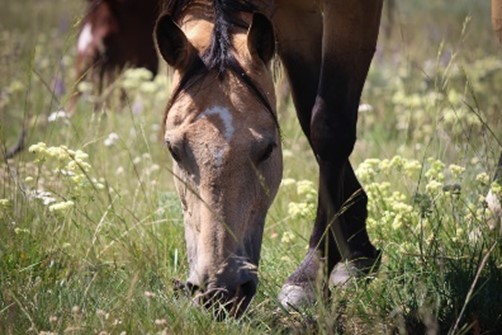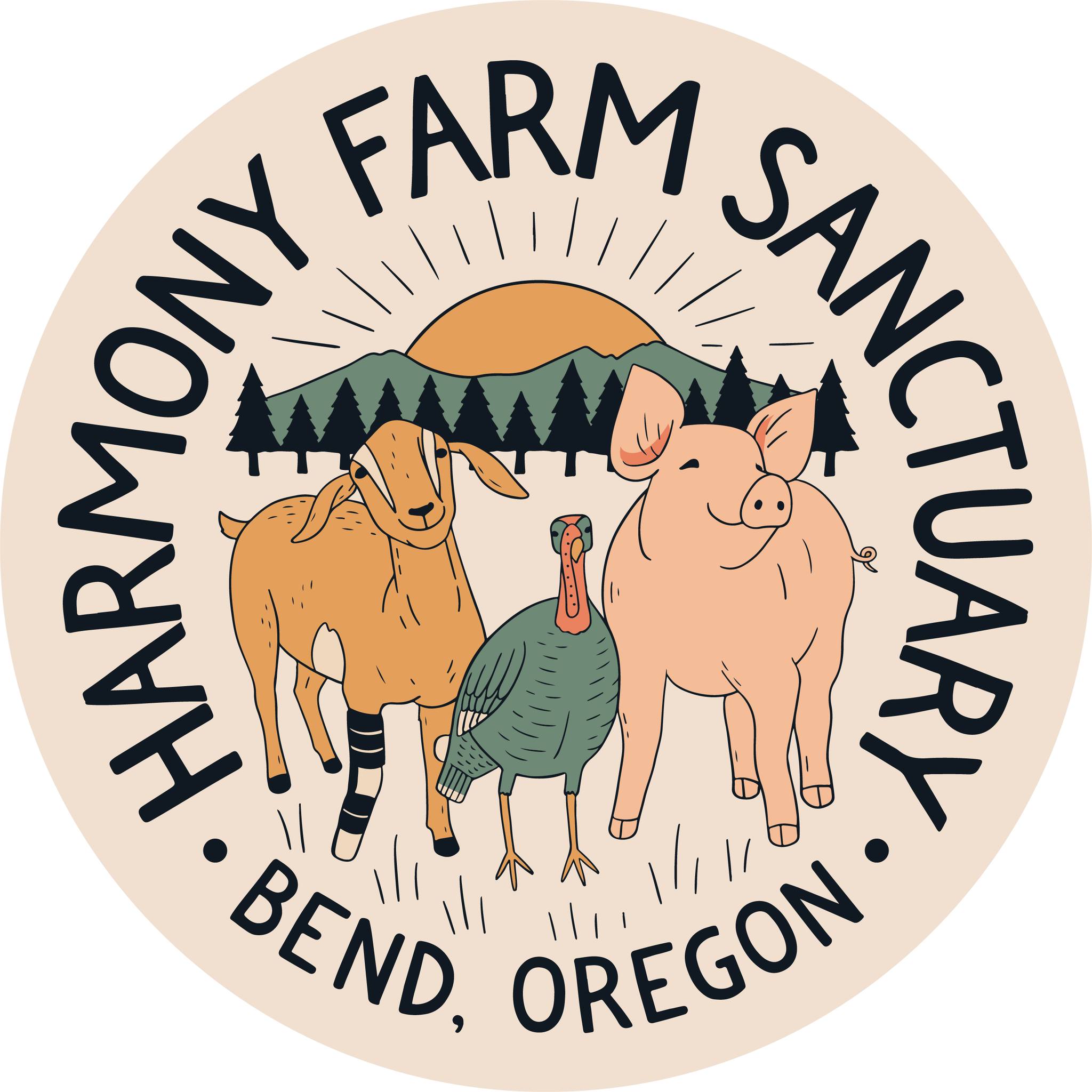NIH chimp phase out, Costa Rica legislation, and Ringling Brothers retirement demonstrate growing need for the “Good Housekeeping” seal of approval.
This week Global Federation of Animal Sanctuaries (GFAS) celebrates its tenth year as the only international animal sanctuary accreditation body. Over the past decade, GFAS has helped tens of thousands of horses, big cats, primates, and farmed animals by improving quality standards across four continents.
“Anyone can call itself an ‘animal sanctuary,’ whether it’s a roadside zoo or a backyard breeder. It’s a huge problem for the public, lawmakers, and press to distinguish real sanctuaries from phony ones,” describes Kellie Heckman, GFAS’ executive director. “GFAS was founded to solve this problem. But more work remains as only six-percent of self-identified sanctuaries in the United States currently are GFAS certified.”
Demand for GFAS accreditation is on the rise. Costa Rican President Luis Guillermo Solís recently signed the Wildlife Conservation Law to require GFAS accreditation for all of the country’s wildlife facilities. NIH’s phase-out of invasive chimpanzee testing and Ringling’s recent decision to retire its traveling animal circuses further underscores the growing need for legitimate retirement homes.
For its 10th anniversary, GFAS has unveiled an innovative, high-tech new way for the public to support legitimate sanctuaries. The “Donation Jar” was recently launched on the GFAS website. It’s an innovative online giving tool to permit donors to contribute to one or multiple certified sanctuaries at once.
“When animals retire from labs and circuses and other sources of exploitation, accredited sanctuaries provide the best possible care. Savvy donors can now confidently contribute to highest quality sanctuaries by supporting only true sanctuaries using the GFAS Donation Jar. This will also encourage other sanctuaries to improve their standards of care,” explains Heckman.







